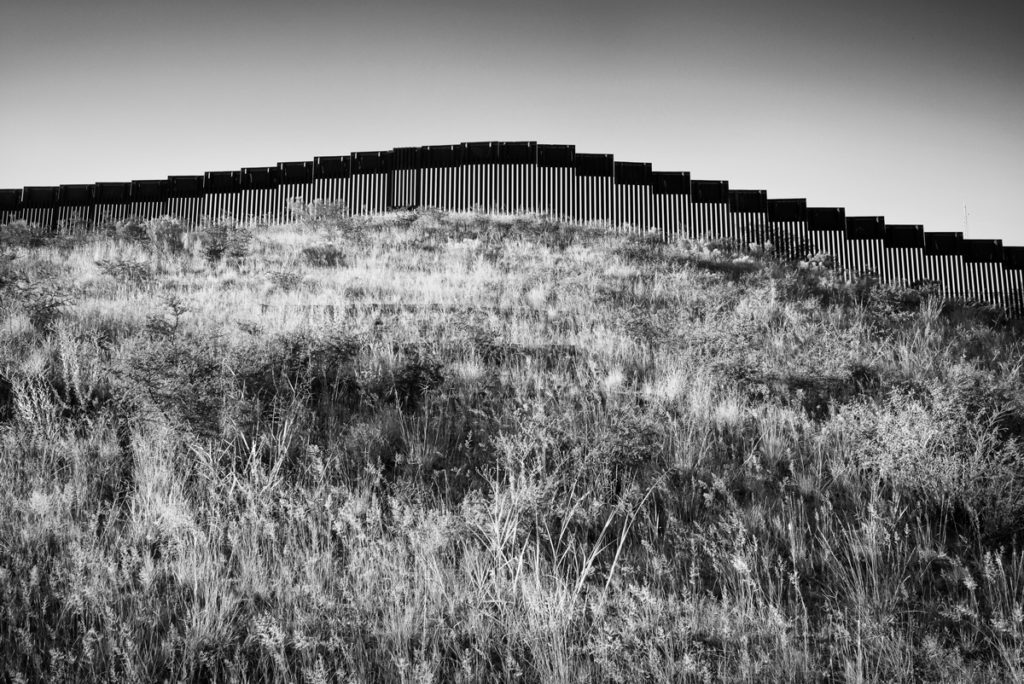
When it’s over. When this is done. When we get back to normal. That’s what we say to each other these days, meaning that once the virus has had its way with us, we will pick up where we left off.
I don’t see it that way.
Yes, schools and restaurants will open, freeways and airports will fill, and friends and families will once again gather to celebrate the benchmarks of life and, for a great many, to mourn those who had to die alone with a tube down their throats.
But we will never be as we were. If we learn anything from these weeks and months of uncertainly, suffering and dying, it is that we are vulnerable. We, as individuals, as a species, and as a communal society built on interdependency, are fragile. Our bodies, each born with an expiration date, can be easily infiltrated by a “submicroscopic agent” and betray us within weeks. The assault of pandemic illness on our civic infrastructure – schools, hospitals, public transport, commercial corridors and even urban greenspaces – transforms these bulwarks of civil society from benign, at times irritating but nonetheless necessary institutions into vectors of death. Our government, increasingly suspect for the self-interest of those who staff it and the lack of competence that always accompanies those who act in favor of political purpose over general beneficence, coils armadillo-like in the face of existential danger.
The virus has pierced the façade of modern life. What we see behind it is not the grand society we imagined our world to be but rather a warren of cubicles, small and windowless, each with only one door, forcing exit and entry from the same point. Here we live, interconnected by unlit labyrinthine corridors, our vision restricted to our cell, unable to grasp the extent or even the nature of the larger organism in which we live with symbiotic dependency. Each of us, so shaped by our own desires, preoccupations and truncated perspectives, is but a molecule in this living network.
All this the virus reveals. No, it will not ever be the way it was. Once a creature feels its vulnerability, once it confronts, unwillingly, its own mortality, it is never the same. A dog, once kicked, is never as friendly. A deer, once shot it, no longer walks so incautiously in the woods. A crow, once attacked, remembers the face of its assailant.
You might say human beings are smarter than animals. Intellectually, yes, but in matters of self-survival we learn more slowly than they do. We perch atop the food-chain of self-destruction. Individually, we kill ourselves with tobacco, booze, prescription drugs and shovelfuls of fat. We humans have yet to encounter a substance we have not abused. Collectively, we pillage the planet for its resources, consume, burn and explode them at a future-be-damned pace, ignore the plaints of our children to save some of the world for them, and manage our companies and run out governments as if nothing matters more than this quarter or the next election.
We are not the dog who has been kicked. We are the dog who keeps kicking himself.
Still, despite our selfishness, ignorance and obduracy, Covid-19 and the great pandemic of 2020 will scar us. Fragility is not easily forgotten. A job disappears in a blink, and with it those few weeks of savings. A grandmother dies. A playwright. Fifty-one Italian doctors. Fifty-one! The official message is: Be cautious. But the inner voice echoes: Be afraid. Be afraid of your grandchildren, be afraid of your neighbors, be afraid of the young lady who rings up your groceries, be afraid of the dog-walker and the deliverywoman. Be afraid of the doorknob, the handle, the box, the countertop. Be afraid of the air, especially the air.
That is a lot of fear to forget, and it will take time to fade.
Eventually, as did the Spanish flu of 102 years ago, Covid-19 will recede into a Wikipedia page. I will be dead by then, though, and so will many of you. Until then, when this is over, we will go on. But we won’t be the same. Ever.
